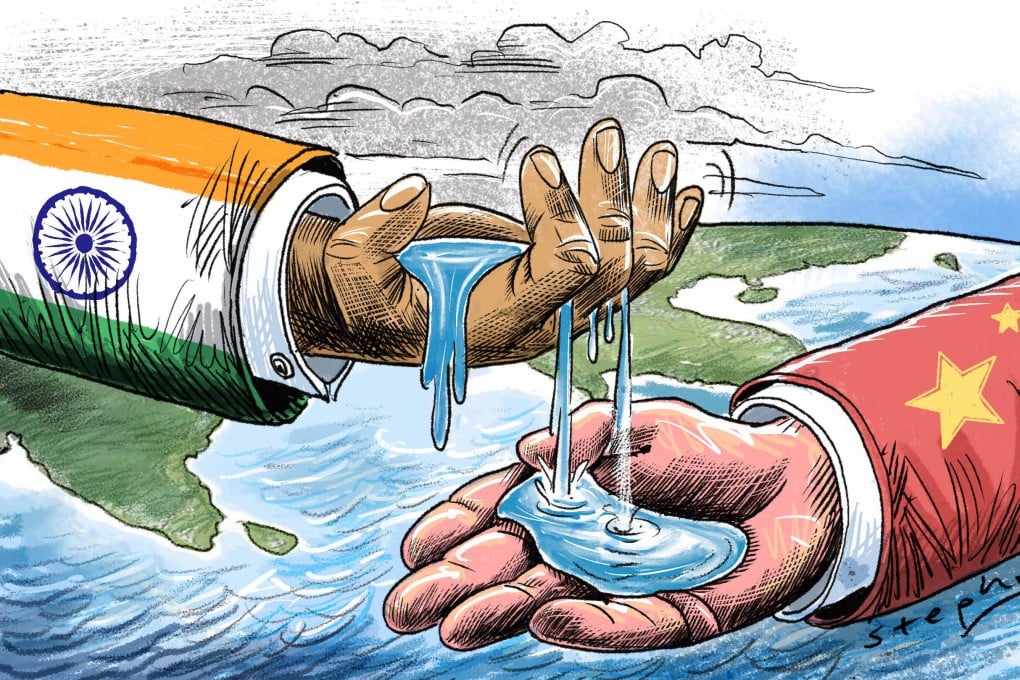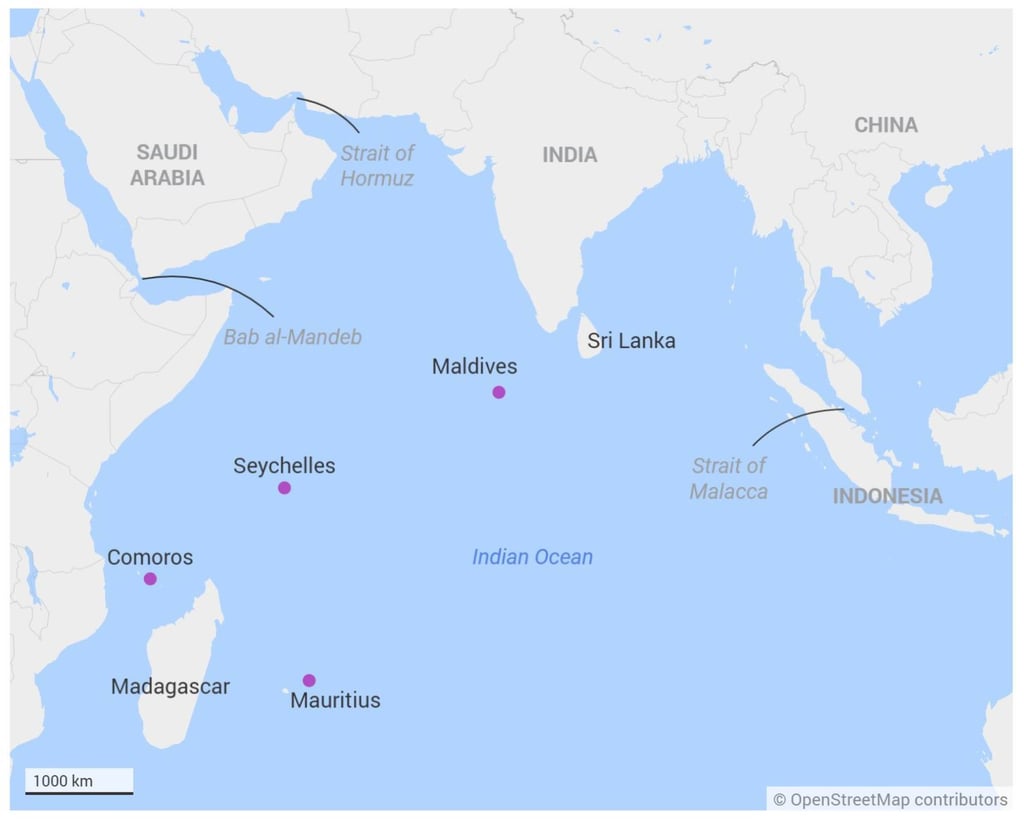Opinion | Can China and India give small Indian Ocean region nations what they really need?
- The recent election of Maldivian President Mohamed Muizzu has injected new impetus into India and China’s focus on Indian Ocean states
- However, the real challenge for major powers will be dealing with exigencies, such as rising sea levels, that go beyond hard security issues

The Indian Ocean has been receiving considerable attention recently, with a conclave of naval chiefs of littoral nations meeting in Bangkok under the Indian Ocean Naval Symposium banner. The symposium is an Indian initiative begun in 2008 and seeks to further maritime cooperation among the regional navies of the Indian Ocean.
The Indian Ocean region was referred to as the “China-Indian Ocean Region”, perhaps to avoid identifying the ocean with India. Furthermore, India was not among the invited nations. This is indicative of the brittleness of the relationship between the two Asian giants.
The agreements arrived at in Kunming are unremarkable and seek to foster greater cooperation between China and the smaller Indian Ocean region littoral nations. Four sub-forums were held to address cooperation in the blue economy, cooperation in maritime disaster prevention and reduction, biodiversity and maritime ecology protection, and sustainable development of the island countries of the Indian Ocean.

Hussain Mohamed Latheef, the newly appointed vice-president of the Maldives, was among those invited to Kunming and said, “The president and the government is committed to strengthen the ties with China that have been long-standing and built upon the foundation of mutual respect and shared goals.” He said Beijing had played “a pivotal role” in the development of the island nation in recent decades.
